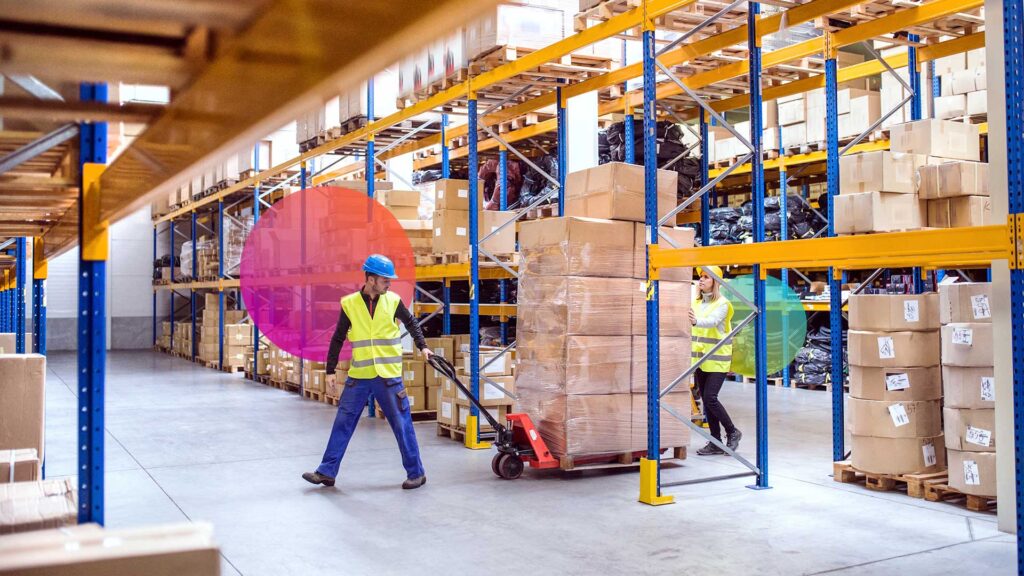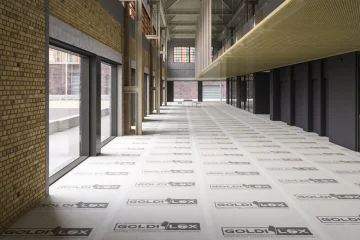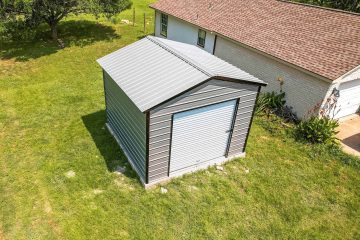Did you know the warehousing and storage market is expected to reach $700.2 billion by 2032? This reflects the increasing demand for efficient storage solutions.
Choosing the right commercial warehouse can influence your business’s efficiency and success. It’s vital to identify the factors that best support your operational needs. Understanding the essentials can help you make informed decisions and streamline your processes.
This article will explore the factors to check when choosing a commercial warehouse for rent. Read on to ensure you choose the right space to support your business operations.
1. Location is Key
Location is one of the most critical factors. A warehouse’s location can affect shipping costs, delivery times, and customer service. Consider proximity to:
- suppliers
- customers
- major transportation routes
- skilled labor pool
A strategically located warehouse reduces logistical costs and enhances efficiency. A good location also improves delivery times. It can keep your supply chain running smoothly.
2. Size and Layout
Storage needs vary significantly among businesses. Analyze your current and future inventory requirements to determine the appropriate size.
Ensure the warehouse has enough space to accommodate your inventory. It should also allow for future growth.
Additionally, consider the layout. An efficient design facilitates operations such as receiving, storing, and shipping products. An effective layout can enhance workflow and productivity.
3. Building Features and Amenities
Examine the structural features of the warehouses for lease. High ceilings are essential for storing large items and maximizing vertical space.
Loading docks and clear access pathways are vital. This minimizes downtime during unloading and loading tasks.
Furthermore, consider other amenities such as:
- climate control
- office space
- restrooms and break areas
- sprinkler systems
- Wi-Fi connectivity
- parking facilities
These features create a safer and more comfortable work environment. This can elevate operational efficiency and employee productivity.
4. Zoning and Regulatory Compliance
Ensure the property complies with local zoning laws and regulations. Different types of businesses may face restrictions based on their operations.
Understanding zoning regulations can save you from future legal challenges. It also ensures the warehouse can legally support your business activities. Be sure to check for any environmental or safety regulations that may apply as well.
5. Lease Terms and Costs
Understanding the warehouse lease structure and associated costs is essential. Factor in additional expenses such as:
- maintenance fees
- property taxes
- utilities
- insurance costs
- service charges
A warehouse rental agreement should be transparent about all costs involved. This clarity helps you budget effectively and avoid unexpected expenses.
6. Security Features
Investing in a warehouse with solid security features can protect your assets from theft and damage. Look for warehouses equipped with:
- surveillance cameras
- access control systems
- alarm systems
- gated entry
- motion detectors
- on-site security personnel
- secure fencing
A safe environment protects your inventory. It can also save you money in potential losses and insurance premiums.
Also Read: The Benefits of Warehouse Leasing vs. Buying
Commercial Warehouse for Rent Essentials
Choosing the right commercial warehouse for rent is a multifaceted decision. It requires careful consideration of location, size, layout, regulatory compliance, and cost. Evaluating these factors can lead to improved operational efficiency and enhanced productivity.
By aligning your choice with your business goals, you can build a solid foundation for growth. Start exploring available options today!
Was this helpful? If so, please keep browsing our site to find more useful information!




